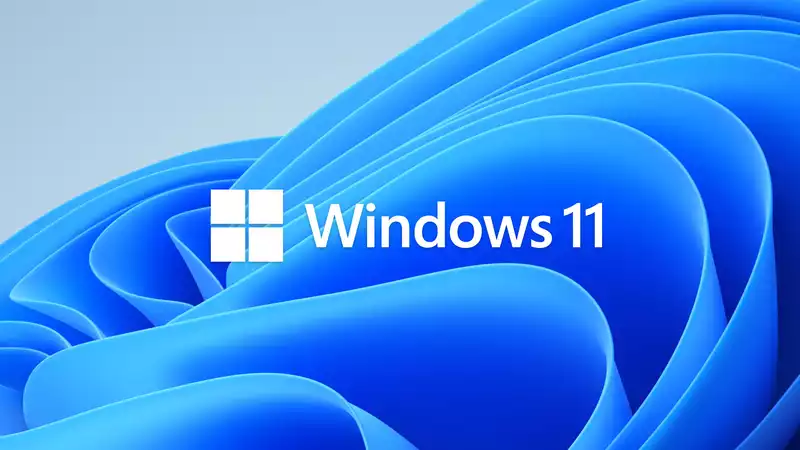The barrage of Windows 11 TPM requirements continues: not only does Microsoft still have to clarify the meaning of this requirement, but it has become clear that virtual machine users may be missing out.
Virtual machine users were able to run pre-release versions of Windows 11, but users found that they could not update their operating system. The problem behind this appears to be that the virtual machines do not have a physical TPM module installed.
Most PCs manufactured in the past few years already have a compatible TPM, even if the user must first go into the BIOS to activate it. The module itself is a "critical building block" for various Windows 11 features, especially security-related features such as Windows Hello and Bitlocker.
It also helps encrypt data and protect hard drives from thieves. It is not too difficult to understand why Microsoft chose the TPM requirement and why there is no possibility of relaxing it. However, users of virtual machines have no upgrade options.
As of Build 22000.194, Microsoft is enforcing the TPM requirement on everyone, including virtual machine users. This has locked out many virtual machine users running pre-release versions of Windows 11 from the software.
While it is possible for VM users to mimic the presence of TPM hardware, it is not a very common feature. In fact, most VMs that can fake a TPM cost money, like Microsoft's own Hyper-V Manager, which is only available to Windows 10 Pro and Enterprise users.
Parallels Desktop 17 is similar, allowing Mac users to run Windows 11 despite the lack of official support for the M1 chip. However, a Parallels license costs at least $80 per year.
Microsoft has always claimed that TPM 2.0 is one of the system requirements for Windows 11. However, they should have enforced that requirement from day one, instead of locking users out of virtual machines after the fact.
We already know that there are ways around the Windows 11 TPM requirement. After all, Asus has already started updating firmware for older Intel CPUs and optimizing them for the operating system. This is despite the fact that these older processors do not appear to have physical TPM modules installed. However, it is not at all clear whether other companies will follow their example.
It is also worth checking to see if your PC has a TPM module that has not been activated; it is possible to activate it yourself as long as you go into the BIOS settings. This won't help virtual machine users, but it does mean that more people will be able to use Windows 11 when it is released on October 5.










Comments